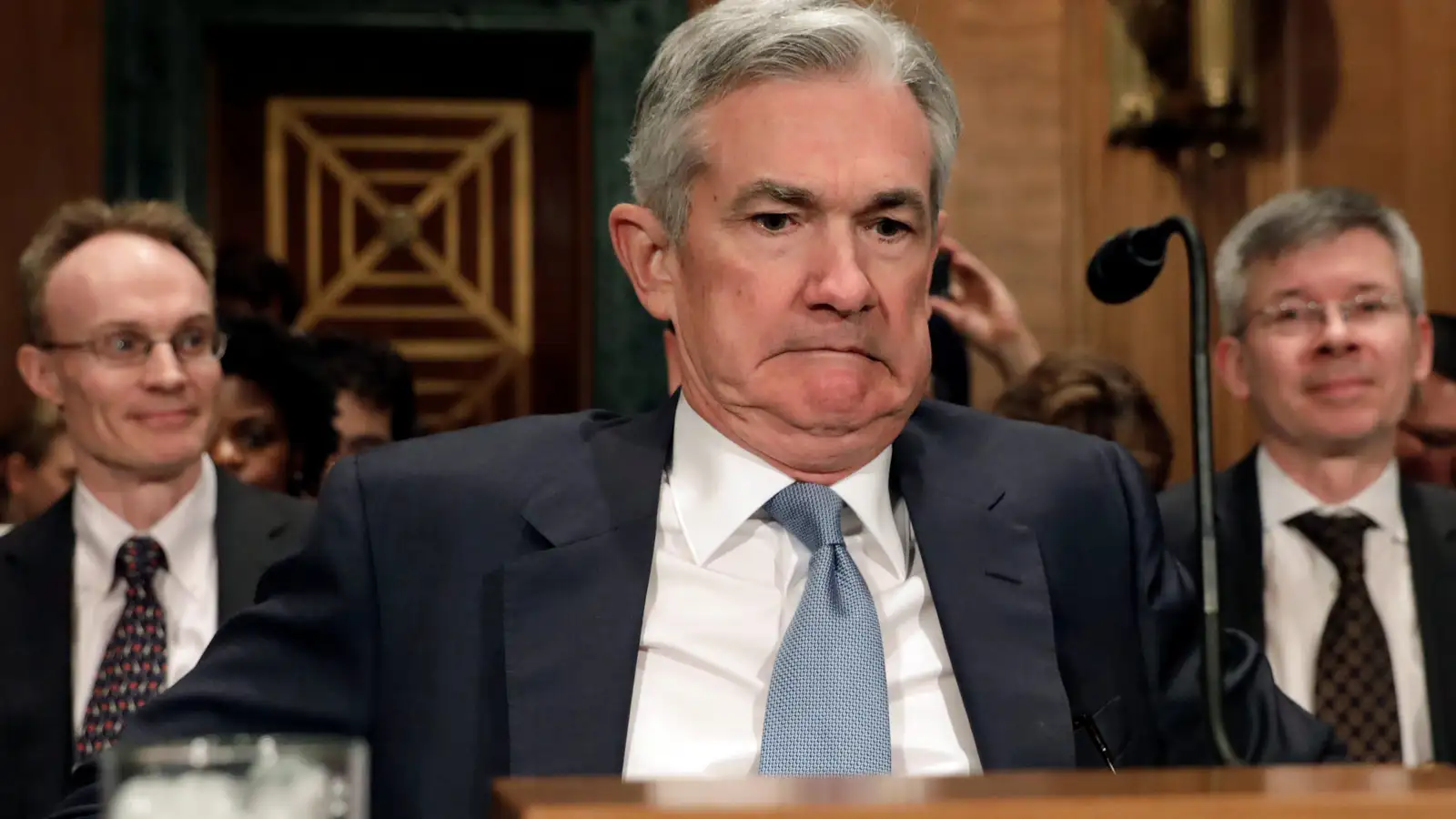In Lesson 8, we discussed how adoption and utility influence a project’s success. Next, we’ll examine how regulatory compliance impacts a project’s growth and sustainability.
The Role of Regulatory Compliance
Regulation plays a significant role in the growth and sustainability of crypto projects. While the decentralised nature of blockchain technology aims to reduce reliance on traditional systems, compliance with regulations is increasingly important as governments seek to control financial markets and ensure consumer protection.
Projects that align with regulatory standards are often seen as more credible and sustainable in the long run. Conversely, projects that attempt to circumvent regulations may face hurdles, such as delisting from major exchanges, fines, or even shutdowns.
Key Regulatory Factors
- Know Your Customer (KYC) and Anti-Money Laundering (AML): Projects that comply with KYC and AML regulations are often better positioned to operate in multiple jurisdictions.
- Security Classification: Determining whether a token is considered a security can impact its listing on exchanges and how it is traded.
- Jurisdictional Risk: Different regions have varying levels of crypto regulation. It’s essential to understand how a project navigates these regional differences.
Regulatory compliance ensures that a project is prepared for potential legal challenges and is less likely to face operational restrictions. Projects that operate in highly regulated regions like the U.S. must often meet strict requirements, making compliance a competitive advantage in gaining market access.
Risks of Non-Compliance
Projects that ignore or fail to meet regulatory requirements run the risk of being targeted by government agencies like the SEC in the U.S. or the FCA in the UK. Non-compliant projects may be restricted from operating in certain regions, limiting their growth potential. Worse, they could face fines or shutdowns, leading to severe consequences for investors.
2024 Example: Ripple ($XRP) and Regulatory Challenges
Ripple ($XRP) has been at the centre of regulatory challenges for several years, with the SEC lawsuit questioning whether $XRP should be classified as a security. Despite these challenges, Ripple has continued to thrive in regions with clearer regulations and has maintained partnerships with global financial institutions.
Ripple’s ongoing regulatory battles highlight the importance of compliance. As the lawsuit plays out, the potential outcome could significantly impact how other crypto projects navigate regulatory landscapes in the future.

Key Takeaways
- Regulatory compliance is critical for a project’s long-term sustainability and growth.
- KYC/AML requirements and security classifications can significantly affect a project’s operations and success.
- Non-compliance can lead to delistings, fines, and loss of market access, impacting investor confidence.
Ready to Level Up Your Crypto Game?
Unlock the full potential of your trading journey by subscribing today! Gain access to exclusive technical analysis, valuable DCA in and out tables with precise levels, and all the premium features of our Crypto Daily Alpha. Get full access to our premium Telegram group, where you can engage with experts, and benefit from personalised TA reports and portfolio reviews.
Join now and take control of your crypto investments!














Discussion